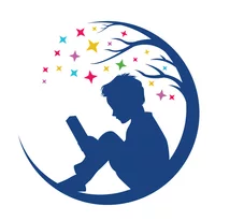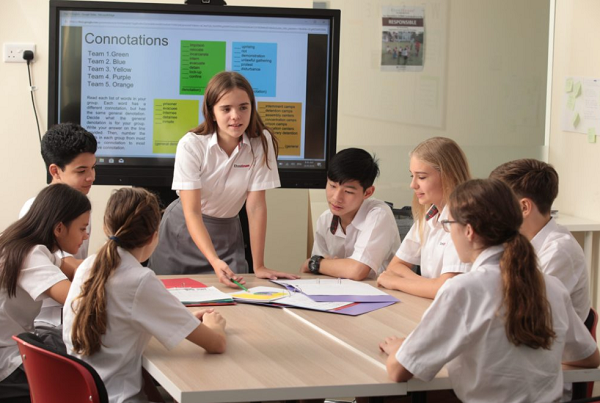Managing Anger & Sadness Responses to Stress
The greatest challenge to adolescents coping skills is managing anger and sadness before it leads to serious periods of depression or harmful behavior. Healthy coping capability and self-acceptance is important for keeping us from either harming our self or others. For more information about the link between learning healthy coping skills and preventing violence see information in a book about “Education Strategies for Preventing Violence.”
The greater our emotional pain the more we need healthy coping skills to get over this type of stress. Many adolescents are simply left with trial and error ways of learning coping skills. But we can learn to manage our anger and sadness responses to stress and avoid its harmful effects on our health and brain functions.
Throughout the five year classroom demonstration of coping skills and Brain Works for Kids Project with pre-teens in grades 4 through 6, we have found that about half of pre-teens say they have difficulty getting over anger and sadness . We know that when we can”t control anger we”re also more likely to harm ourselves as well as others. Those unable to control their sadness may suffer from long periods of distress called depression. Since we know that our thinking brain plays a big role in helping us manage responses to stress, we need to use the learning power of our human neocortex to develop healthy and effective coping skills. Scientists conduct experiments on rats” brains in order to help humans to better manage themselves. But it does little good if all that brain research isn”t put to work by humans learning self-management skills and using the full amount of their brain”s coping tools. We are fortunate that many people – including today”s pre-teens – are learning to get over anger and sadness responses to stressful and emotionally painful experiences. But more of today s youth need to understand how to use the full ability of their brain to deal with coping challenges.

The Brain Works for Kids Project presents a new type of classroom education that includes practicing coping skills that use all of our brain”s ability. These skills help us to figure out how to cope with each emotional upset and stress that comes along. This project helps pre-teens learn how brain coping elements work together and sometimes against each other. The Brain Works classroom project is not only helpful to students, but also their parents and teachers. Both kids and adults can learn better ways to regulate brain coping processes to relieve stress, upsets and emotional pain.
The Coping Skills for Kids and Brain Works Project Director”s book, published in 2000, focuses on using education to learn healthy ways of coping with emotional pain. Written for teenagers and adults, it goes into great detail explaining the link between harmful youth behavior and coping failures of kids and adults. It is the author s conviction that emotional coping skills education in families and schools can reduce violence, anger and sadness in individuals and our society.






